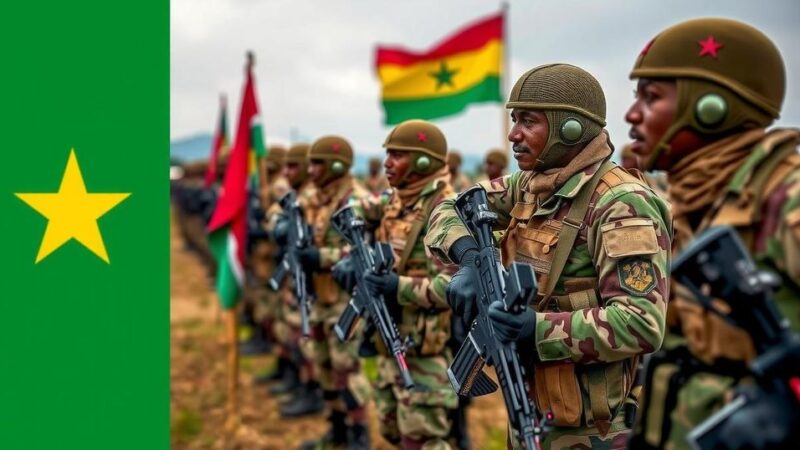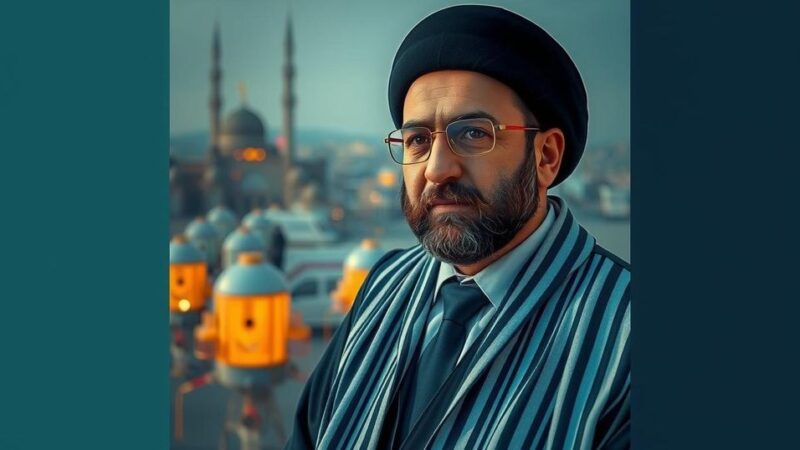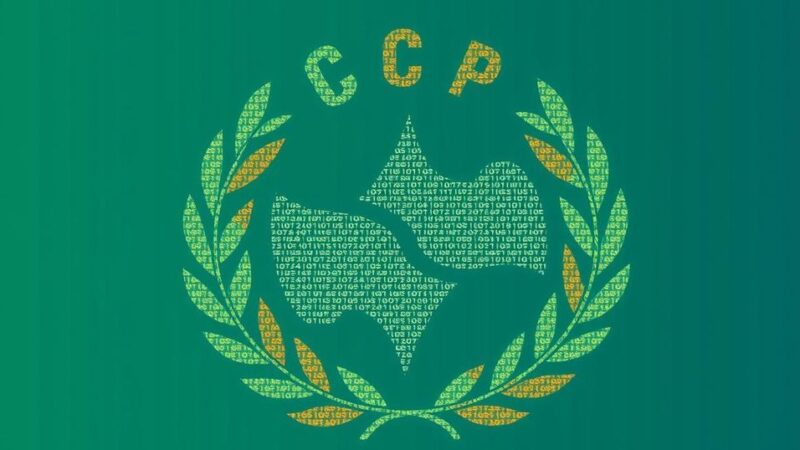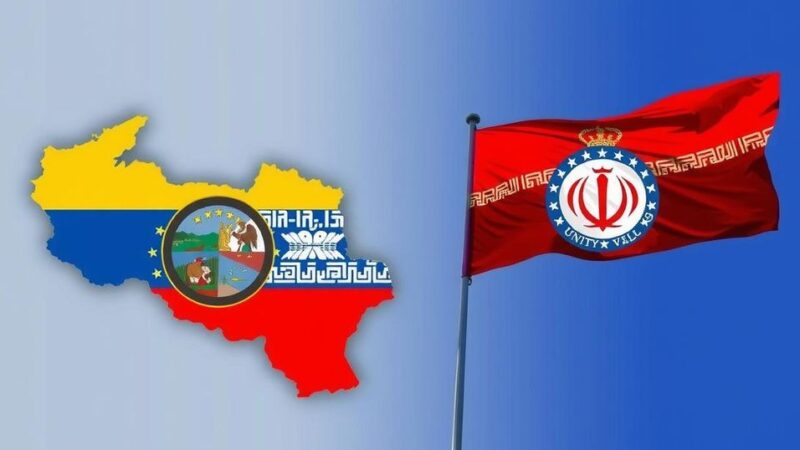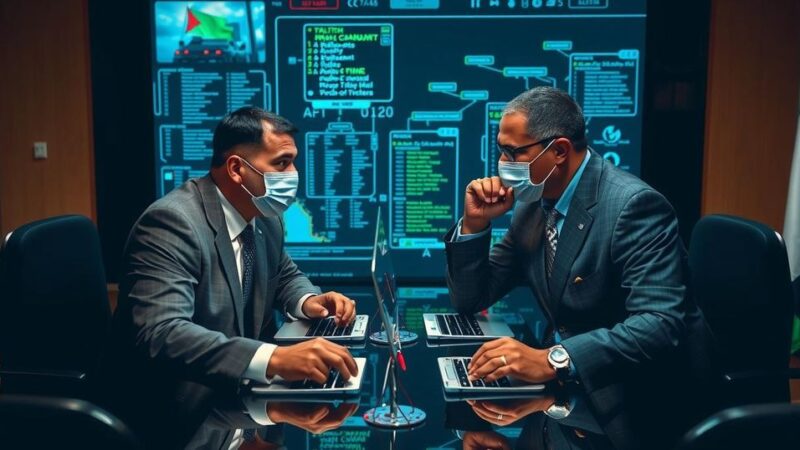Bolivia has joined South Africa’s case against Israel at the ICJ alleging violations of the UN Genocide Convention during military operations in Gaza. This marks Bolivia as the latest of several nations supporting this initiative amid claims of significant civilian casualties. The ICJ has previously ruled on the need for Israel to prevent genocide and provide access for investigations, although enforcement remains a challenge.
Bolivia has formally joined the legal case initiated by South Africa against Israel at the International Court of Justice (ICJ), alleging that Israel’s military operations in Gaza constitute a violation of the United Nations Genocide Convention. Announced on Wednesday, this development marks Bolivia as the most recent addition to a coalition of countries including Colombia, Libya, Spain, and Mexico, all of which support the allegations against Israel, despite its strong denials of such claims. In November, Bolivia announced its decision to sever diplomatic relations with Israel, referring to the Israeli actions as ‘disproportionate’ attacks on Gaza. Israel responded to Bolivia’s diplomatic break by labeling it a capitulation to terrorism. On January 26, the ICJ issued a prominent ruling instructing Israel to take all necessary measures to avert acts of genocide during its military campaigns in Gaza, as well as to guarantee unrestricted access for UN-sanctioned investigators examining the genocide allegations. Since then, South Africa has revisited the ICJ multiple times, emphasizing the critical humanitarian crisis in Gaza and appealing for additional emergency directives from the court. In its submission to the ICJ made public on Wednesday, Bolivia articulated, “Israel’s genocidal war continues, and the Court’s orders remain dead letters to Israel.” Although the ICJ’s decisions carry legal weight, it lacks enforcement mechanisms to compel adherence. Previously, in July, the ICJ provided an advisory opinion declaring Israel’s occupation of Palestinian territories as ‘unlawful’ and urged an immediate end to such activities. The ongoing Gaza conflict has resulted in significant civilian casualties, with reports indicating that at least 42,010 individuals have perished, as detailed by the health ministry in the Hamas-administered territory. This conflict intensified following a Hamas assault on October 7, 2023, which claimed the lives of 1,205 people in Israel—predominantly civilians. Since September 23, Israeli military actions against Hezbollah in Lebanon have also escalated, resulting in over 1,150 fatalities, according to official statistics.
The legal actions against Israel regarding its operations in Gaza arise from allegations of genocide as defined by international law. The International Court of Justice serves as a critical forum for adjudicating disputes between states and interpreting international law. The case initiated by South Africa reflects a broader concern among various nations regarding the humanitarian ramifications of Israel’s military actions, particularly in light of rising civilian casualties in Gaza. Bolivia’s involvement highlights a collective assertion among these nations that there are significant breaches of international humanitarian standards. The ICJ’s role is to assess and provide legal opinions on these issues, although enforcement remains a challenge.
Bolivia’s recent participation in South Africa’s case against Israel at the ICJ underscores the escalating international scrutiny surrounding Israel’s military operations in Gaza. This coalition of nations adds momentum to calls for accountability under the UN Genocide Convention. While the ICJ’s rulings are legally binding, the lack of enforcement mechanisms continues to pose challenges in addressing such complex international disputes. The ongoing situation remains critical, with significant humanitarian concerns in the affected regions.
Original Source: www.arabnews.com
